The past few weeks have caused our team to reflect on the students we serve and how their lives are being upended by the pandemic, the resulting economic crisis, the public safety environment, and the other issues we are facing at this time.
Speak Agent primarily serves marginalized learners. Before COVID-19, they already had to overcome many barriers, from low socioeconomic status and systemic racism to high levels of fear for family and personal safety. Low-income students had barely half the average levels of proficiency in math and English Learners had at best one-sixth (as measured by NAEP).
COVID-19 projections show that the “average” student is likely to return in fall 2020 with just 37-50% of the learning gains in math compared to a typical school year. A McKinsey & Co. analysis predicts that students will lose an “average” of 7 months of learning, assuming a return to fully in-class learning by January.
But “averages” often hide the true nature of things. The same analysis found that Latinx students are likely to fall behind by 9.2 months, African-American students by 10.3 months, and low-income students by 12.4 months. The pandemic is widening an already wide achievement gap.
The income story seems obvious. While 4 in 5 students in the “average” school district have home internet access, low-income districts face a wider gap. From March to May 2020, for example, high-income students logged into i-Ready 50% more often than low-income students did. But here’s a less obvious phenomenon: Rich school districts are twice as likely to provide live video teaching as low-income districts, which means the low-income students are missing interaction with a teacher and all the academic language that happens in those interactions.
The gap for minority students is likely also driven by the trauma of severe health and economic crises:
- African-American deaths from COVID-19 are nearly two times greater than their share of the population. Latinx and Native Americans also have a much higher-than-average fatality rate.
- In May 2020, the average unemployment rate was 13.3%, compared to 16.8% for African-Americans and 17.6% for Latinx.
- This is all on top of existing systemic inequality and racism in our economy, in our housing, in our public safety, in our healthcare system, and in other areas of daily life.
Aren’t such fundamental issues beyond the power of education technology to address?
Of course they are. But that doesn’t mean there is nothing we can do. First, we need to recognize that severe trauma and inequality fundamentally impact a student’s ability to learn. Second, we can and should take immediate action to adapt our education technologies to better serve student needs, following five key principles:
- We should never lower expectations, but we can and should provide additional learning supports to reduce frustration and provide learning scaffolds. Our team at Speak Agent is hard at work on new tools to better support reading, writing, science journaling, and deciphering word problems.
- Supports should always be based on learning sciences research. Our current development slate is focused on applying strategies such as re-reading, sentence stems, visual writing aids, peer teaching, and student-generated problems.
- Learning should be something that is joyful, interesting, and driven by student curiosity — learning cannot happen if students simply “check out.” We’re excited by initial findings showing higher engagement among marginalized learners at KIPP KC. This is the time to go beyond lip service and truly implement student-driven learning models. A great example is the Next-Generation Science Standards’ inquiry-based practices. Speak Agent is planning to launch a new toolset to support true student-driven NGSS learning this fall. We aim to engage students in the creativity and excitement of STEM learning. Education technology and tools must meet students where they are — while providing the scaffolds to help them get where they need to go.
- That said, even the best-designed tools will never be effective if students cannot access them! It is incumbent upon us to bridge the digital divide by ensuring that all students we serve have remote access to our products. This means seamlessly supporting all of the many kinds of devices a student may have at home, from computers to mobile devices. It also means supporting alternative ways to connect to the internet, such as using a family member’s mobile phone. (Smartphones are often present in households that otherwise lack connectivity.) Speak Agent already runs well on mobile hotspots, for example. Next, we are prioritizing support for the 1 in 10 learners who lack access to any desktop, laptop, or tablet device.
- Lastly, we have to make the content itself accessible to all learners. This includes providing authentic content that uses relatable language and topics so that all learners can understand it and find it engaging. It means taking care to have diversity in imagery so that diverse students can see themselves as scientists, engineers, and explorers. It means teaching the same academic concepts to the same high standards, but with learning supports and scaffolds that account for learner variability. Speak Agent’s take on this is to create unique and interesting stories to convey math and science concepts. We then put creativity tools into the hands of students, too!
No, technology is not the answer to the fundamental challenges facing students and our system of education. But it can and should be part of the answer. If done right, technology can be a great equalizer. If done poorly, it can make inequality even worse. So our task at Speak Agent is to take the utmost care to do it right.
You’ll be hearing from us over the course of the year about new research-based strategies we are deploying this summer and fall. We believe that these will make a substantial difference for all learners, but especially for marginalized learners. Because they could really use the help — now more than ever.




